







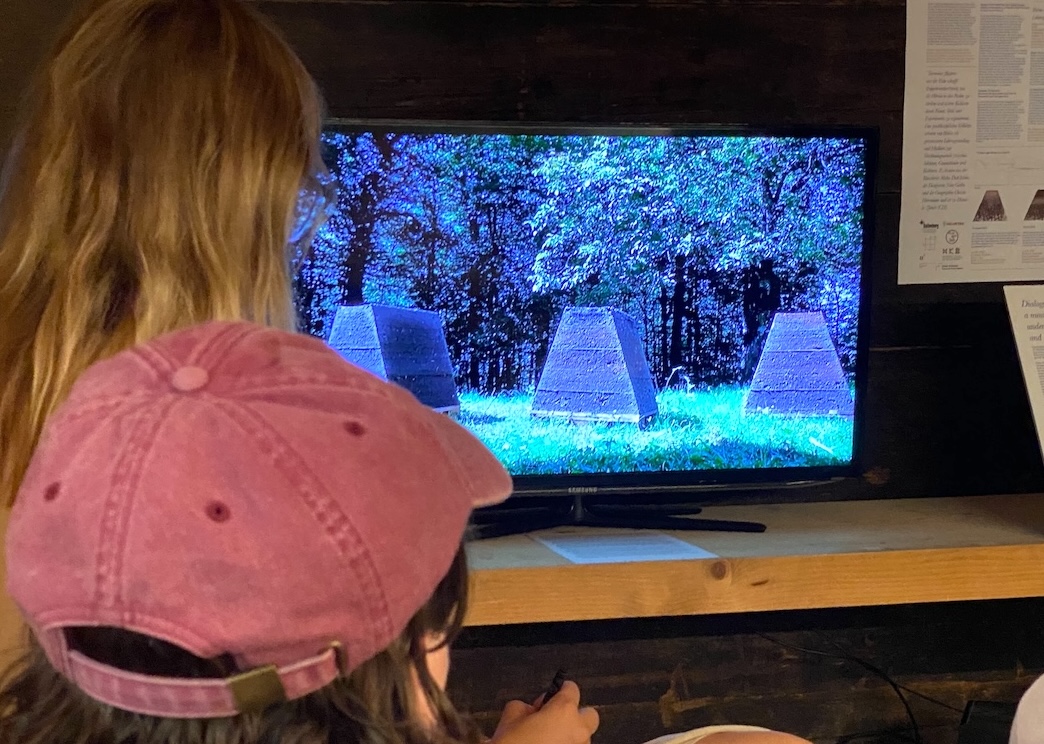

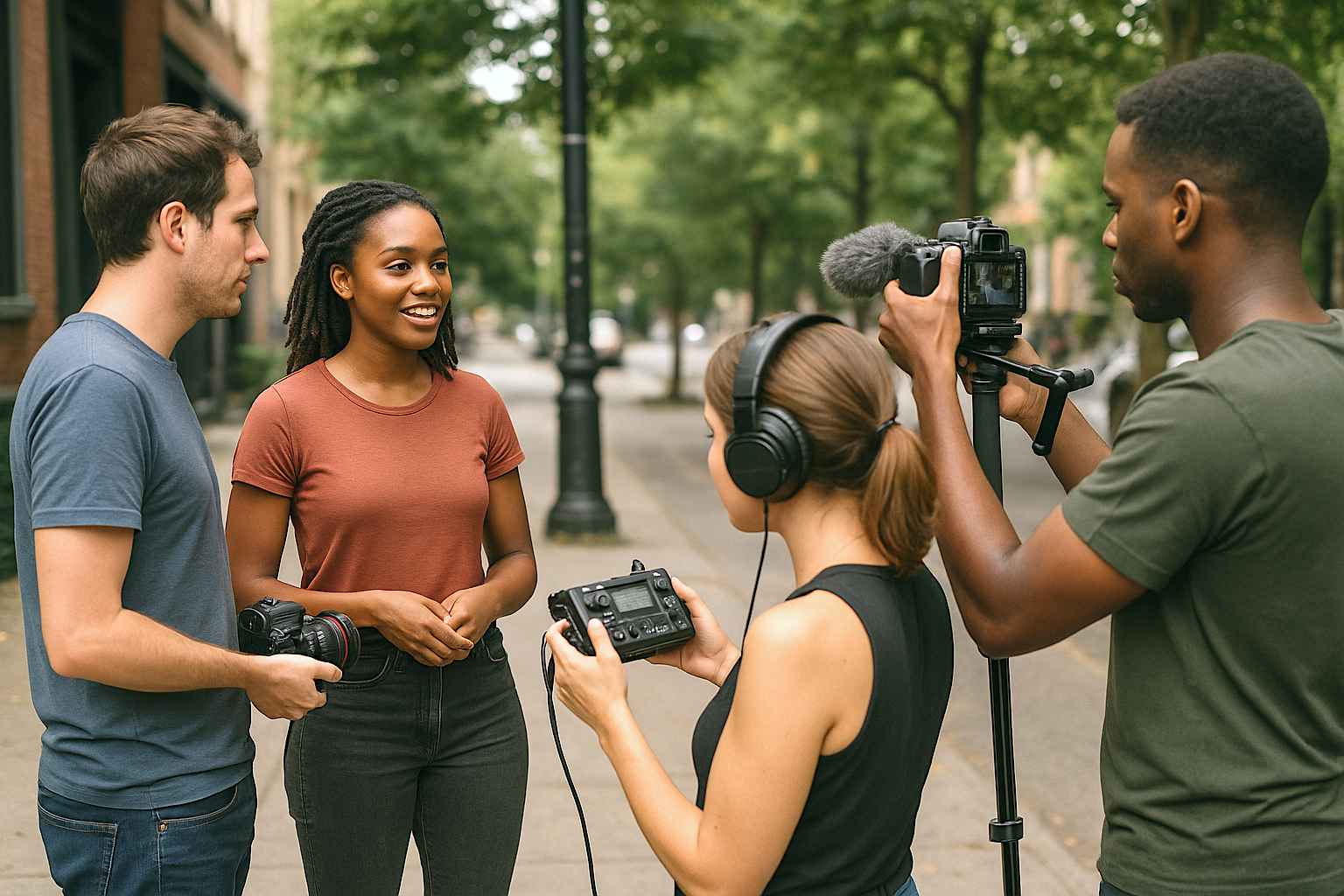
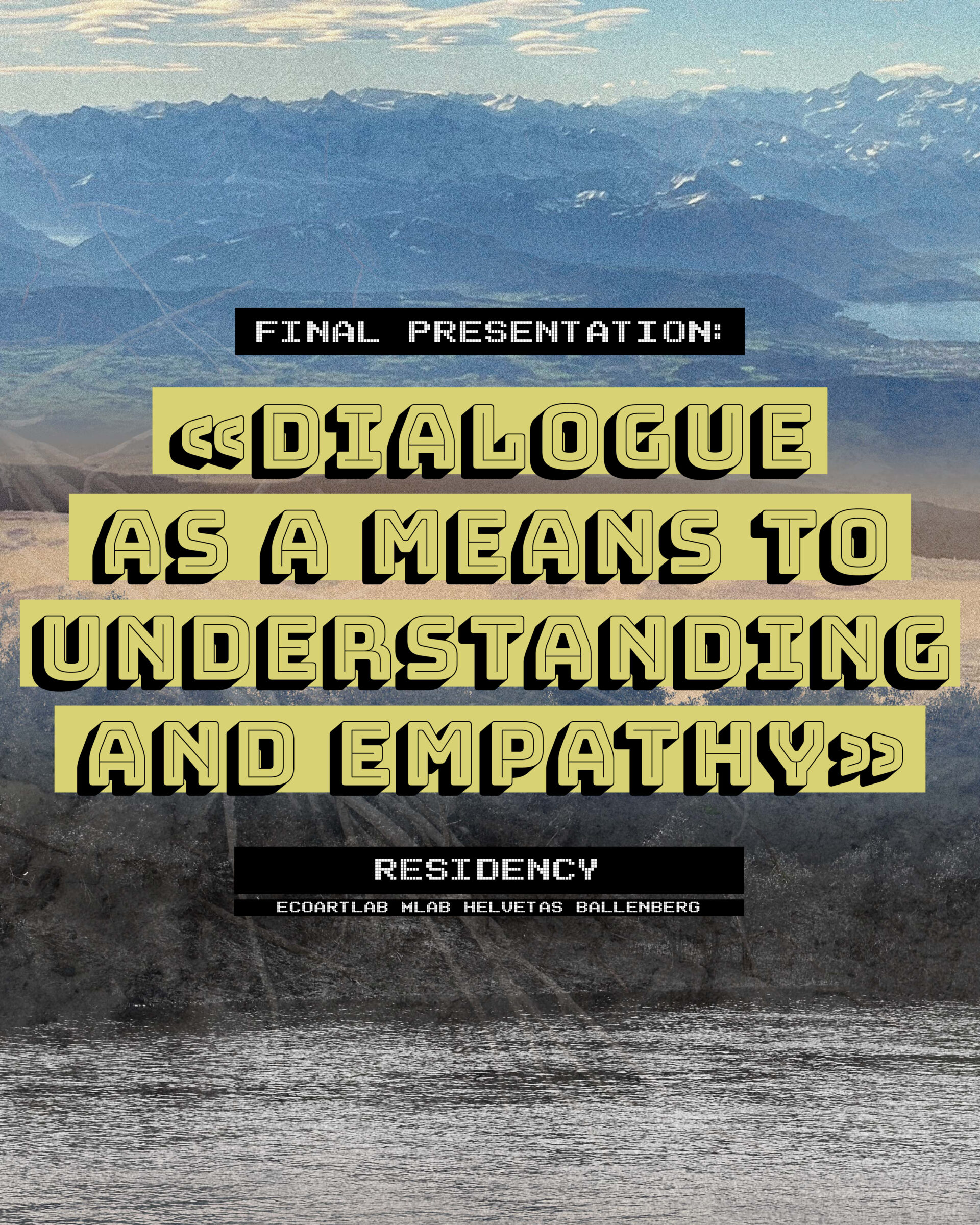
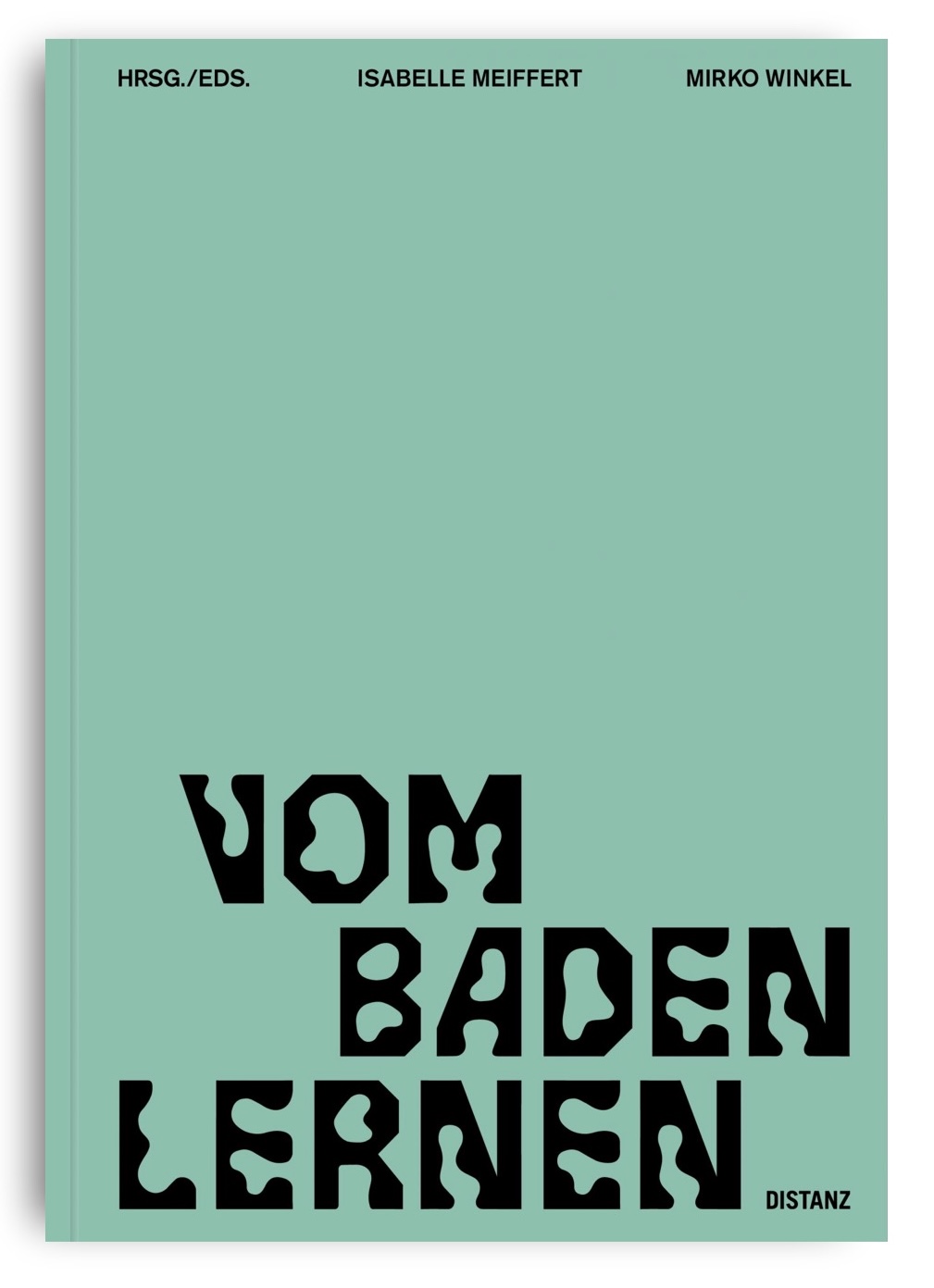
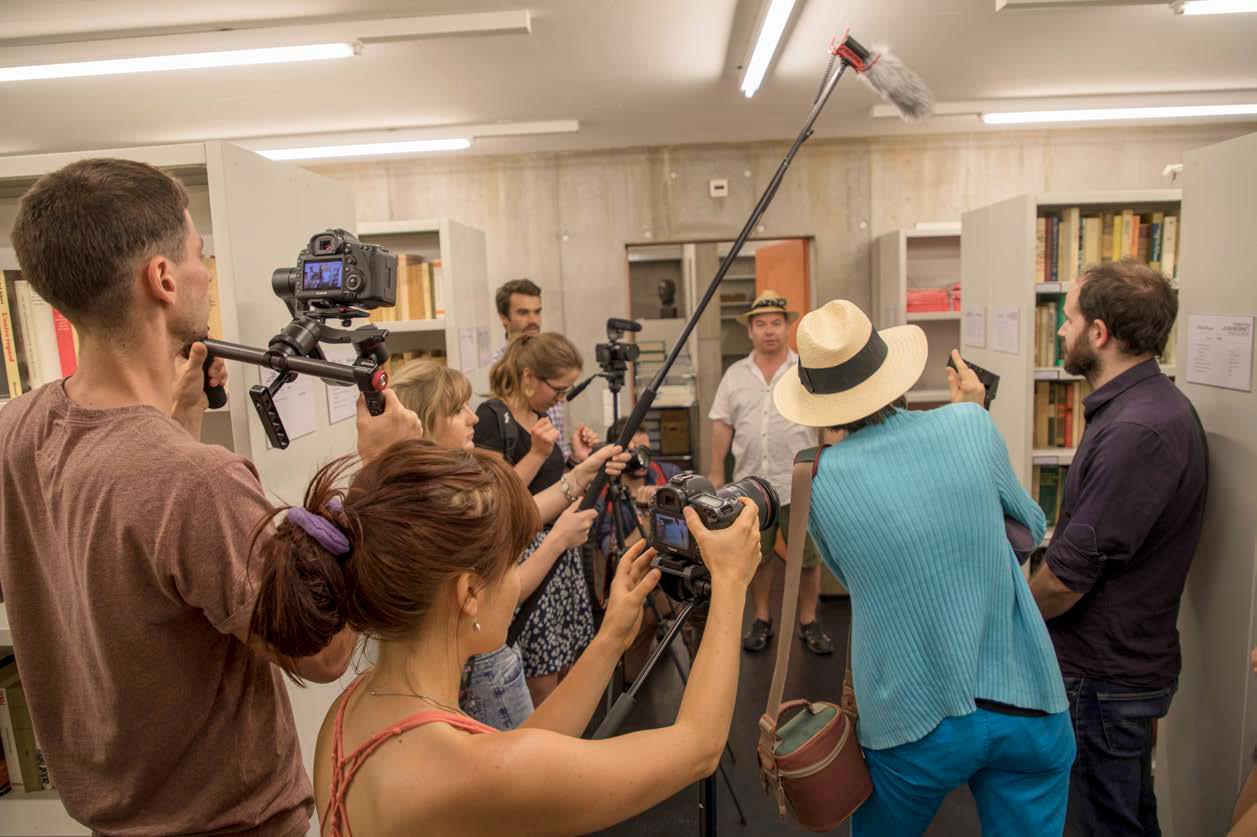






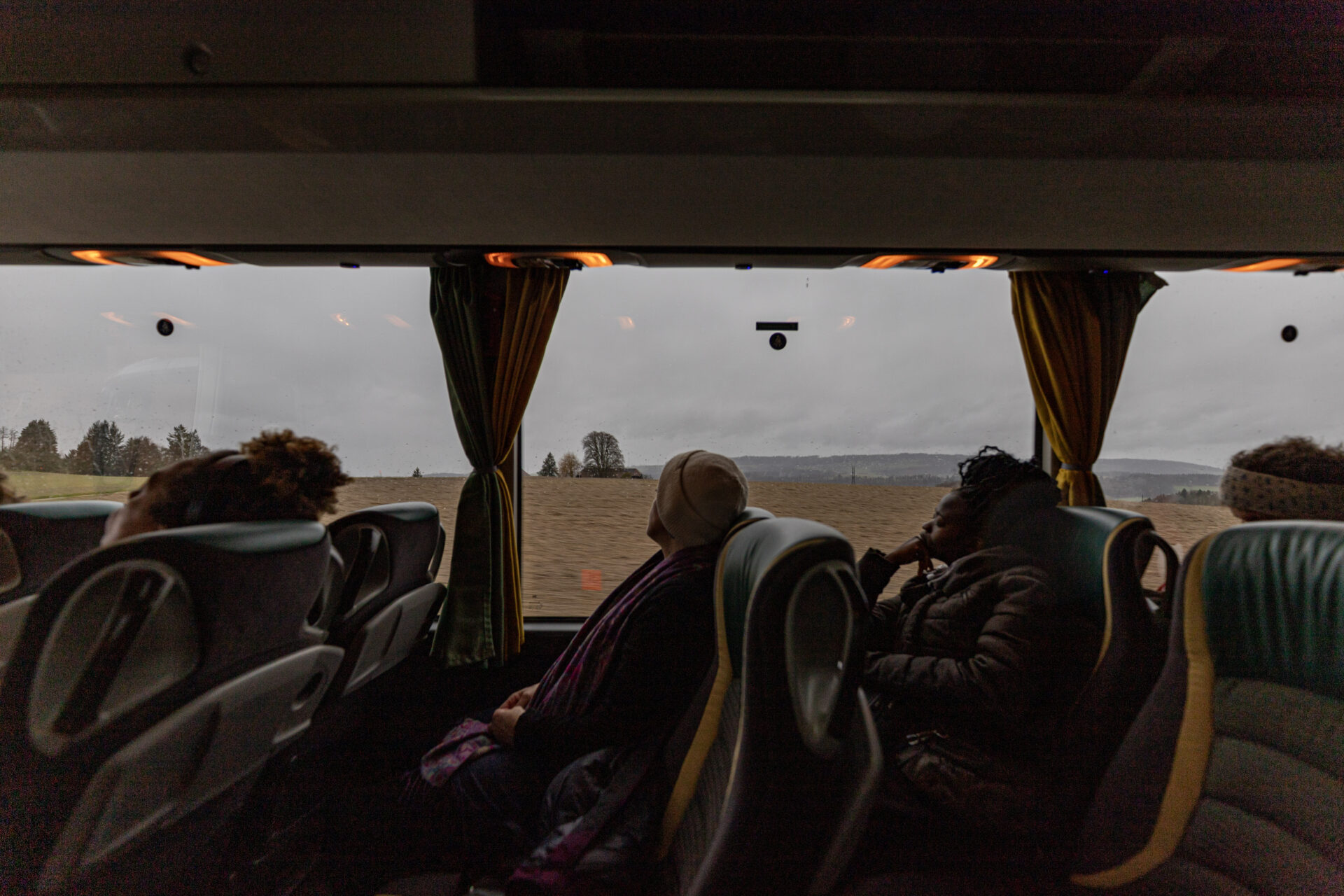
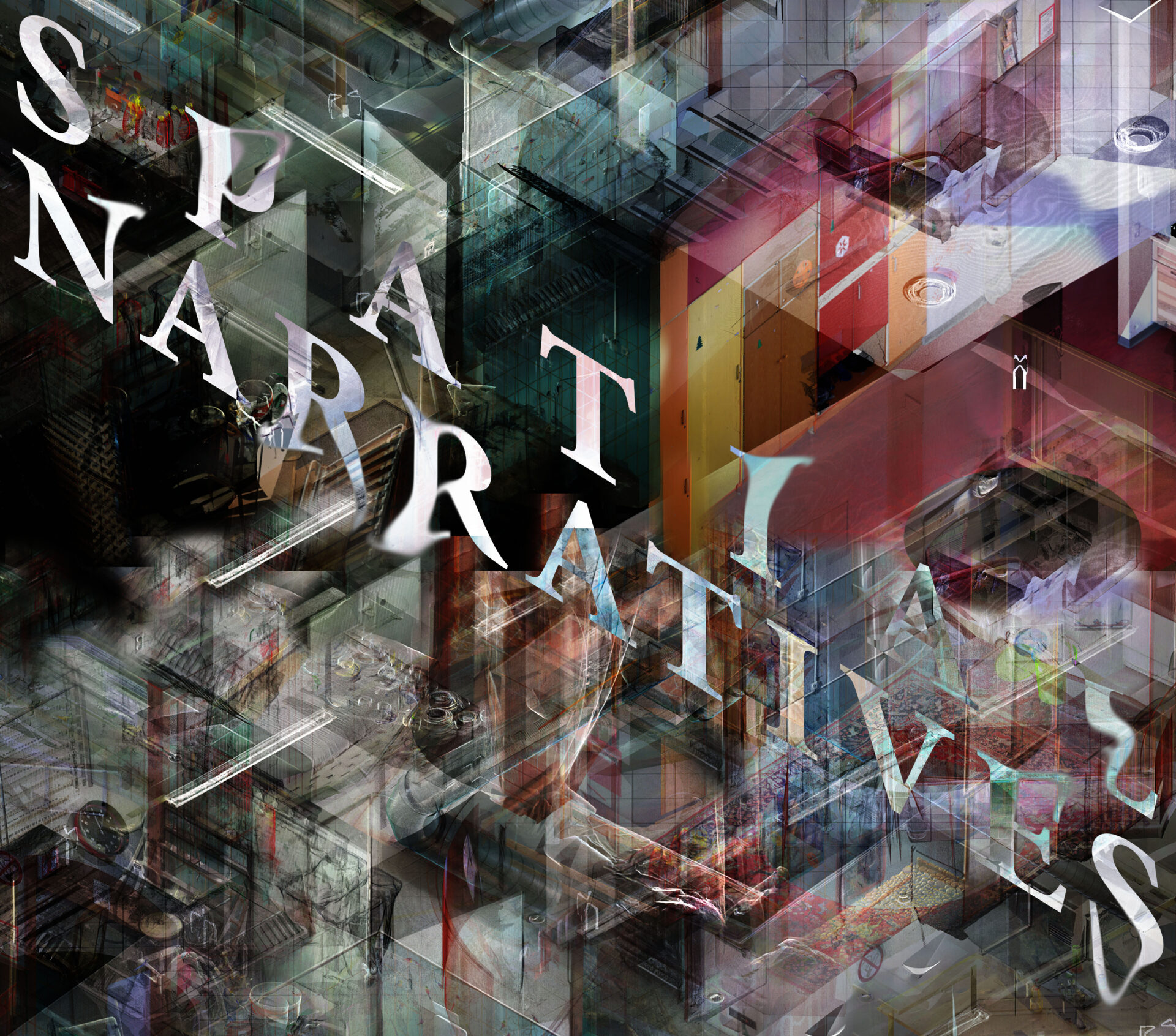
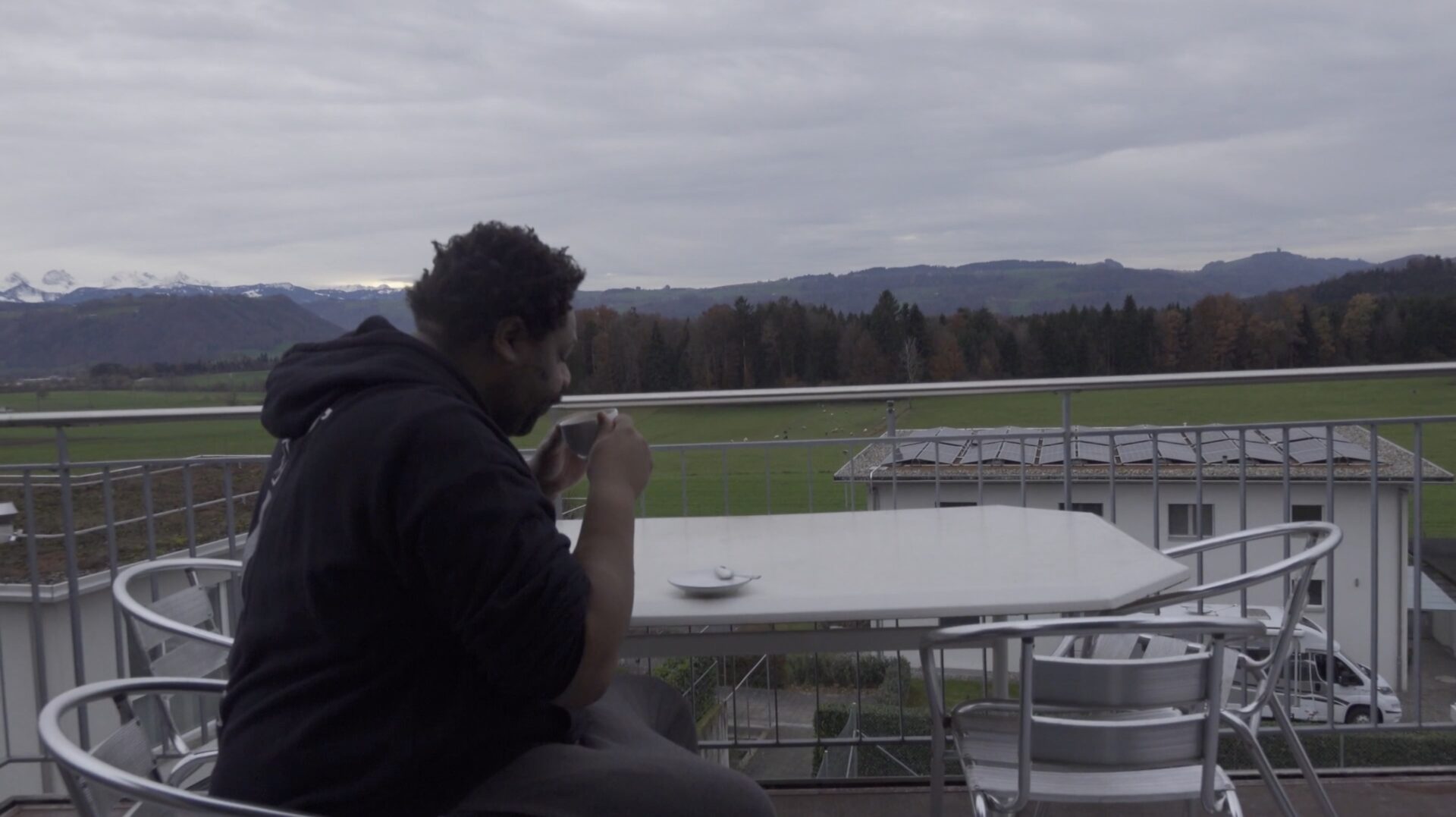
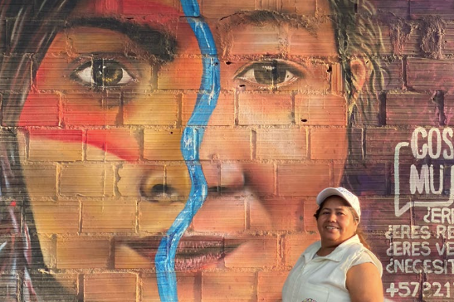



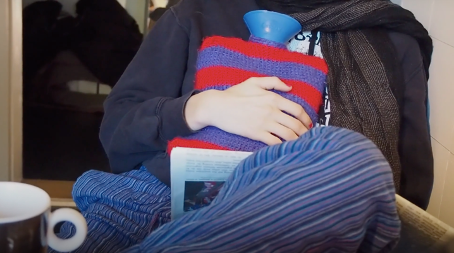





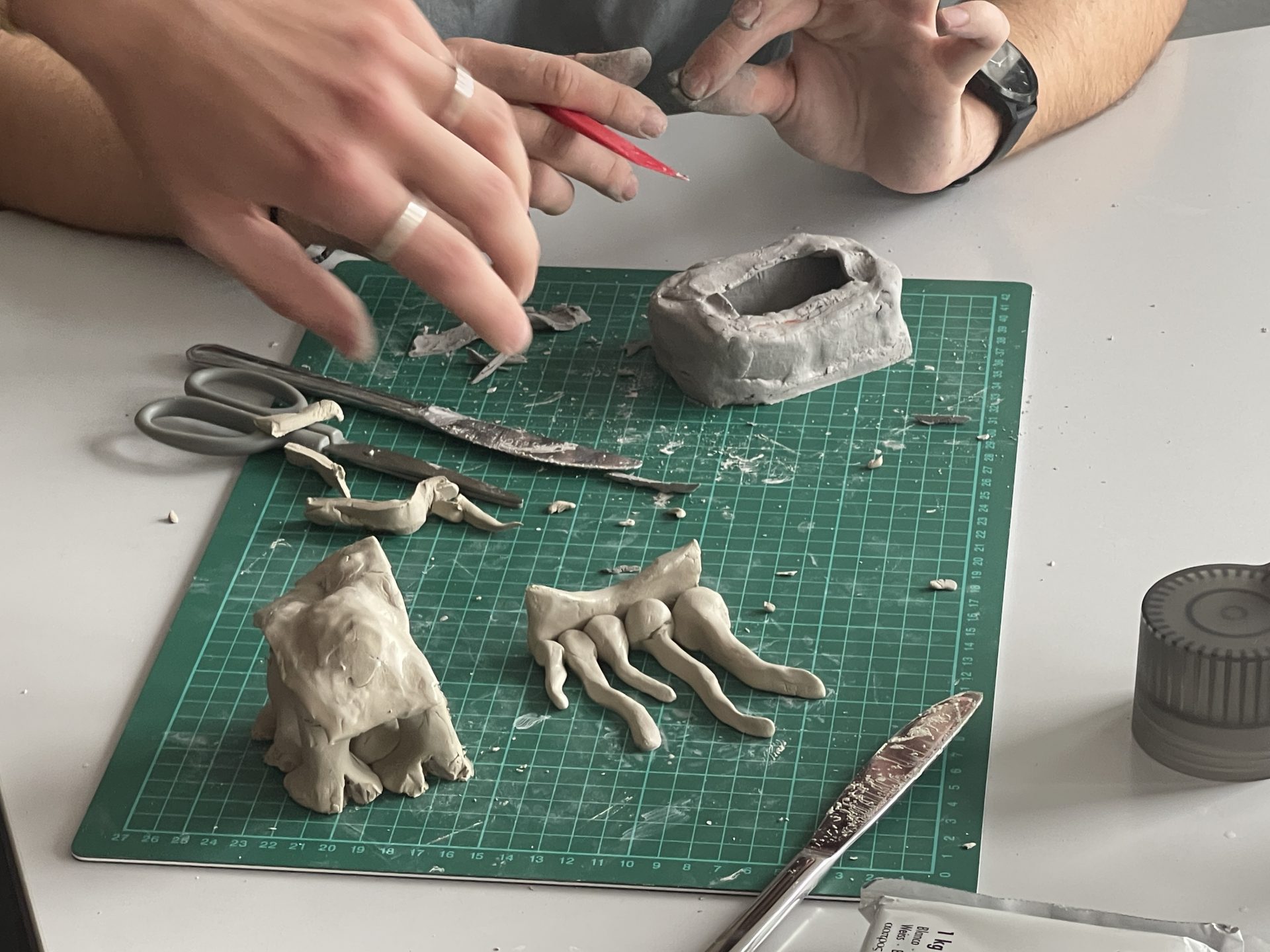
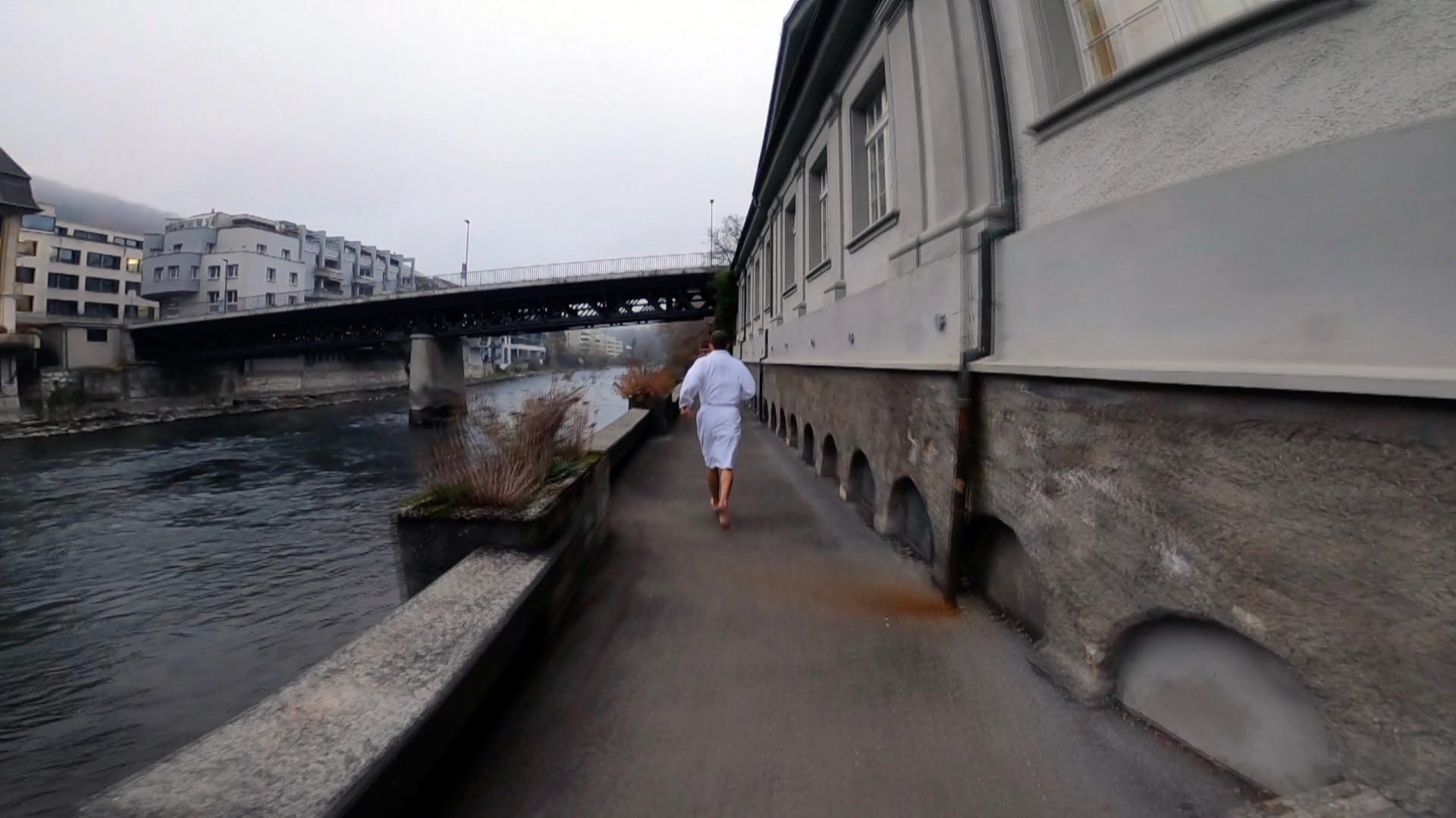






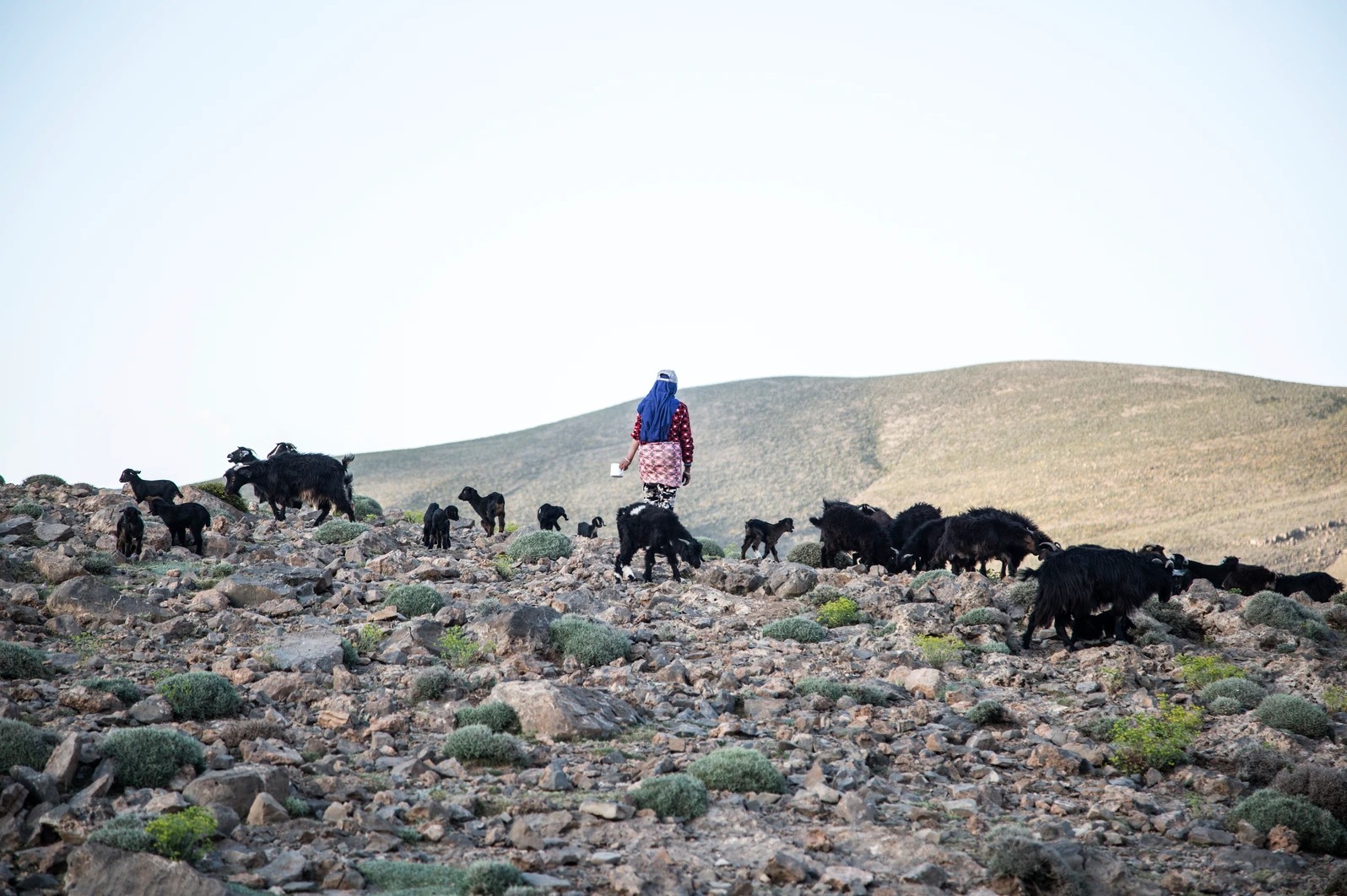


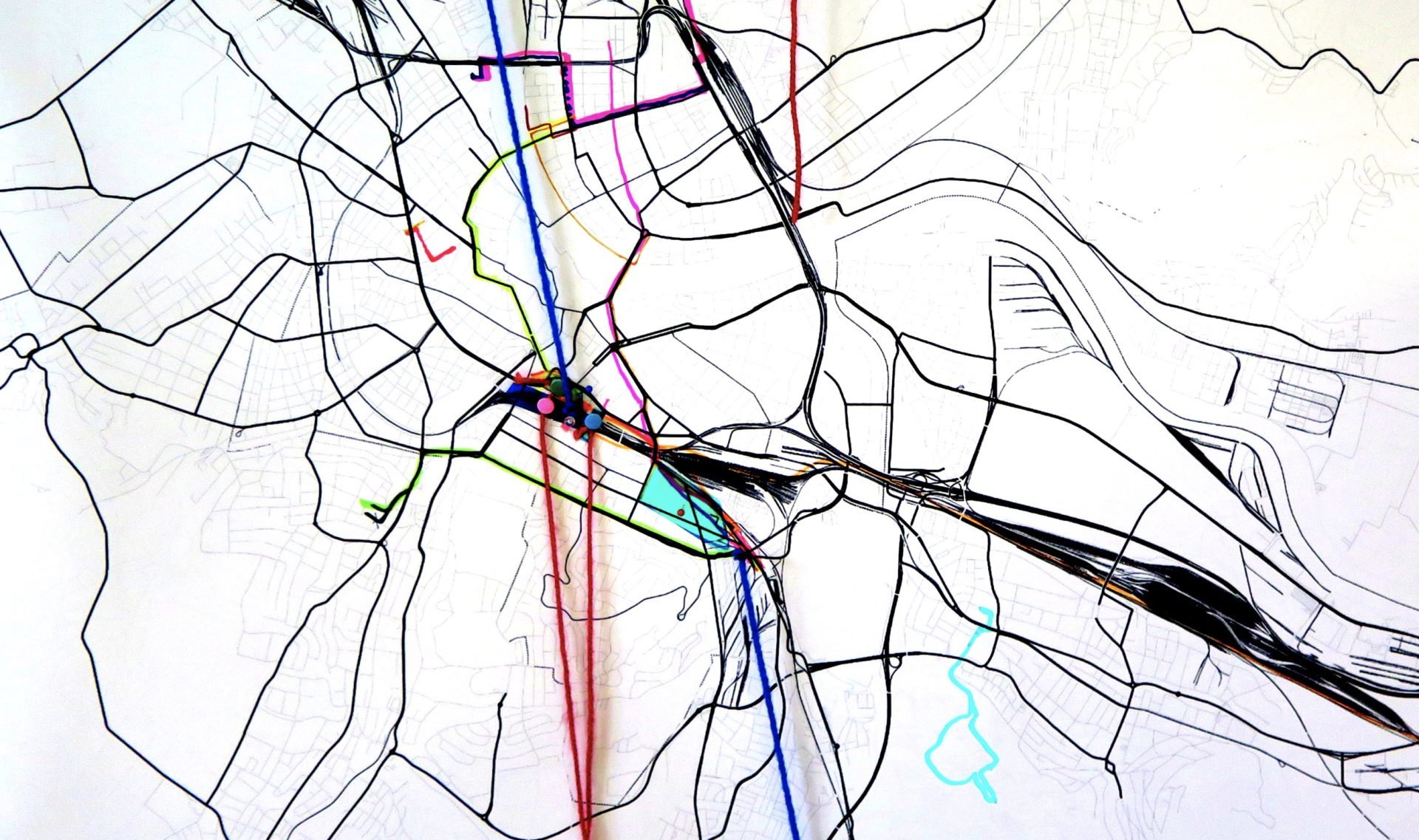




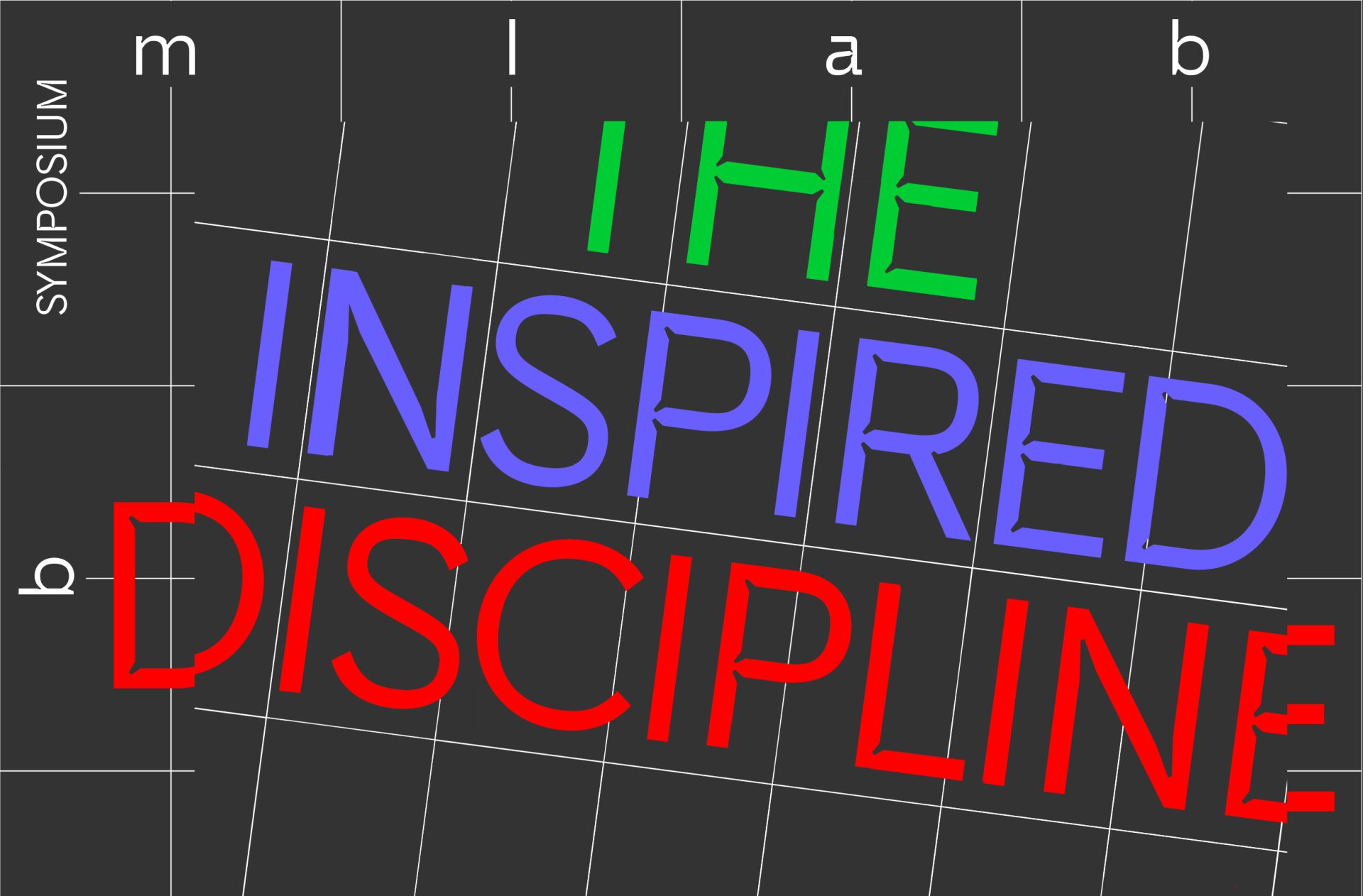
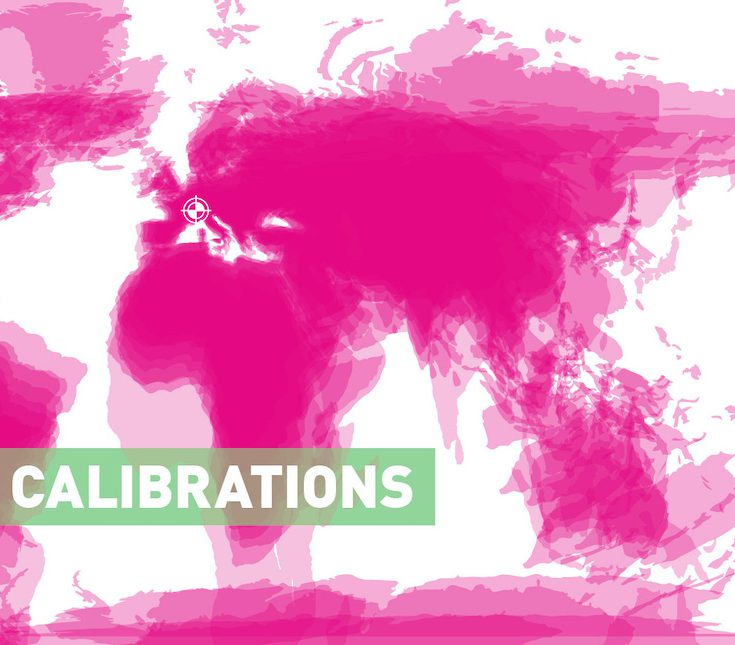

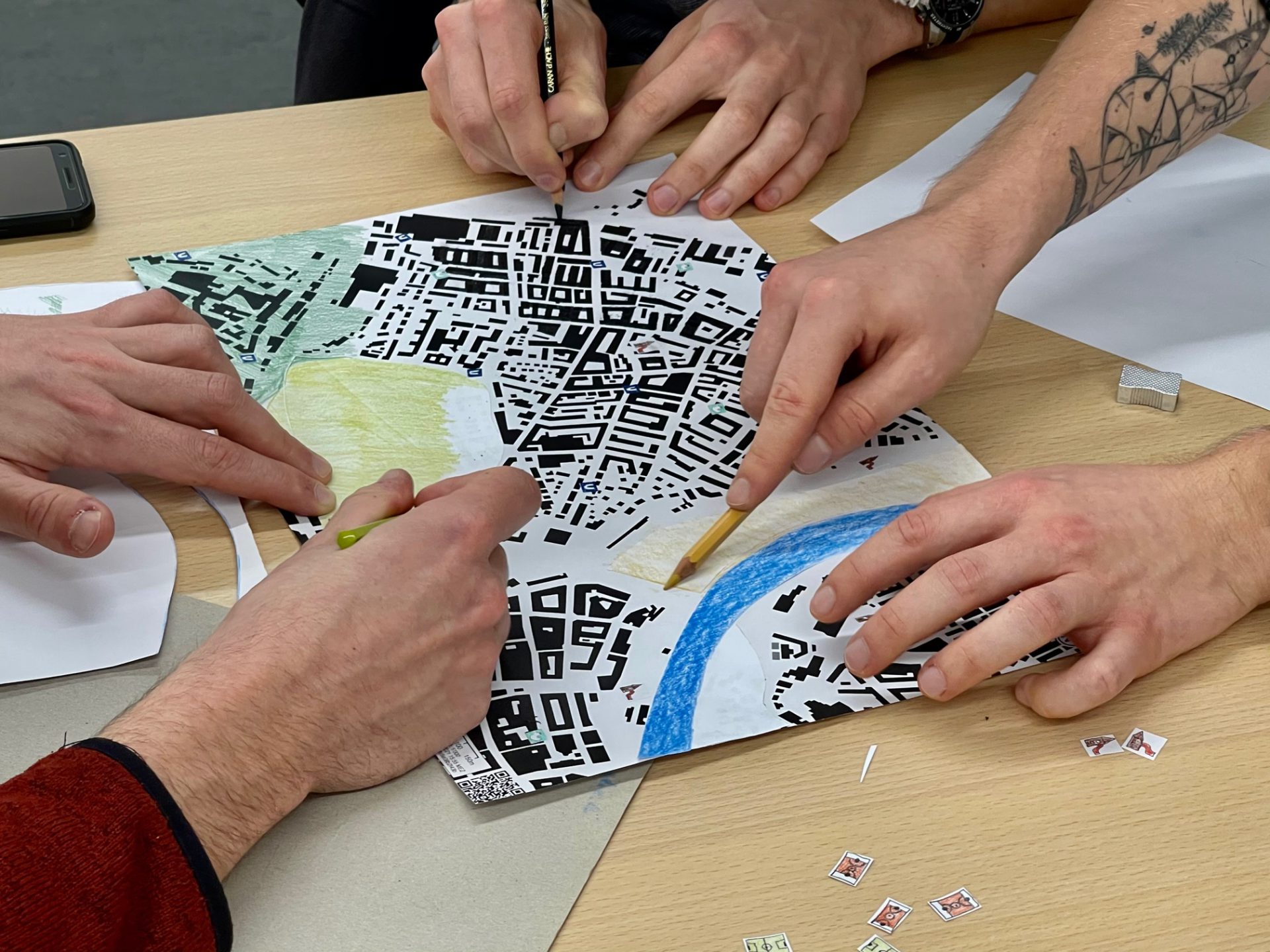

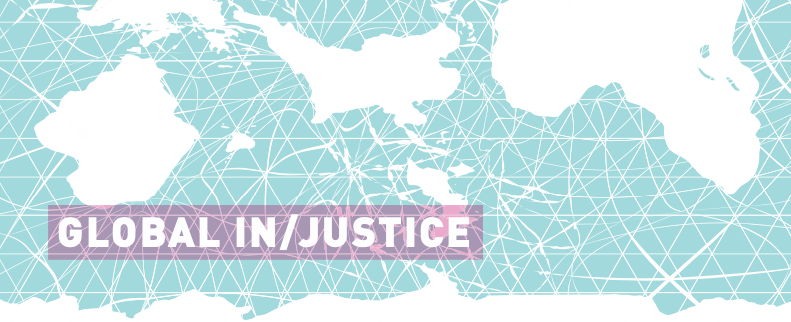
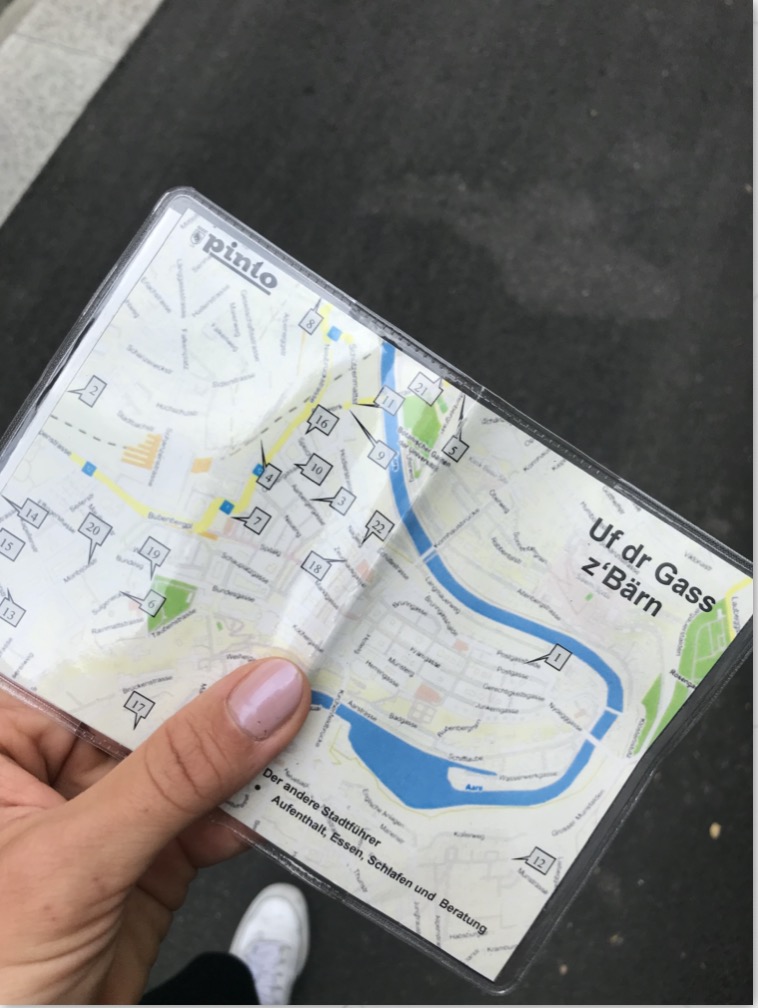



Digitalization and globalization processes have not only fundamentally changed our everyday lives, but are also impacting the most intimate fields of our lives – the ways we love, have sex, reproduce, understand our bodies, care for and are cared for by each other, etc. In this seminar, we engage with these profound upheavals brought about by the intertwining of the global with the intimate through digitalization. As an alternative to traditional seminar work, we experiment with producing and editing audio feature to present content and research findings and make them accessible to a broader audience.
The students investigate the effects of digitalization and globalization on our intimate lives based on a concrete case study (e.g. organ transplantation, social media, couchsurfing, sex work, cycle app, digital activism, etc.). Students develop their own research project and employ social science research methods. Based on the material they collect and their data analyses they drafte a script and produce a 15-minute audio feature.
Take out your earphones and listen to students’ works (selection) below:
The students Thérèse Laubscher, Mauro Schmid and Daniela Friebel (2019) have produced an audio feature discussing beauty norms on Instagram. Choreographed as an engaged conversation between three students, they discuss the visual geographies of beauty and the role social media platforms such as Instagram play in shaping globally circulating beauty norms. They critically engage with the hashtag #curvy and ask peers about their experiences of sharing and consuming (body image related) content on Instagram.
Experiencing global intimacy through using the cycle tracking app Flo, the audio feature produced by Lara Siegenthaler, Tobias Zehr and Luca Gianom (2021), reveals the intimate affordances of digitally tracking one’s menstruation. They ask how it feels to share intimate data about topics such as menstruation with the global digital public and explore questions about the risks of tracking menstruation with the app Flo. They provide space for young people’s experiences with tracking their menstruation and share interesting background information, such as the fact that Flo emerged from a Belarussian start-up in 2015.
The bustling sounds of a train station, chirping birds in the neighborhood, the creak of the apartment door, the gurgling coffee machine on the stove, the comforting rustle of a down pillow….
Nina Etter, Leonie Haller and Lena Widmer (2021) take the audience on a couchsurfing journey. They interviewed five members of the couchsurfing community and asked them to share their experiences with this type of global intimate travel.
An audio feature that makes feminism audible. Mirjam Ackermann, Fabienne Luder and Fabienne Rigert (2021) met the creators of @madame_phila, an Instagram account from Bern that tells of real experiences with sexism and other forms of discrimination through comics (in German and English). Madame Phila is an imaginary character that tells of everyday experiences and encounters, of sexual abuse, emotional and physical assault, of sexist comments and the normalization of gendered and sexualized violence in the family, in partnerships, among friends, in society. The audio feature discusses the ways in which Instagram is a platform for activism and bears potential for social transformation.